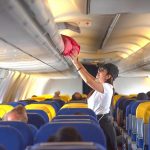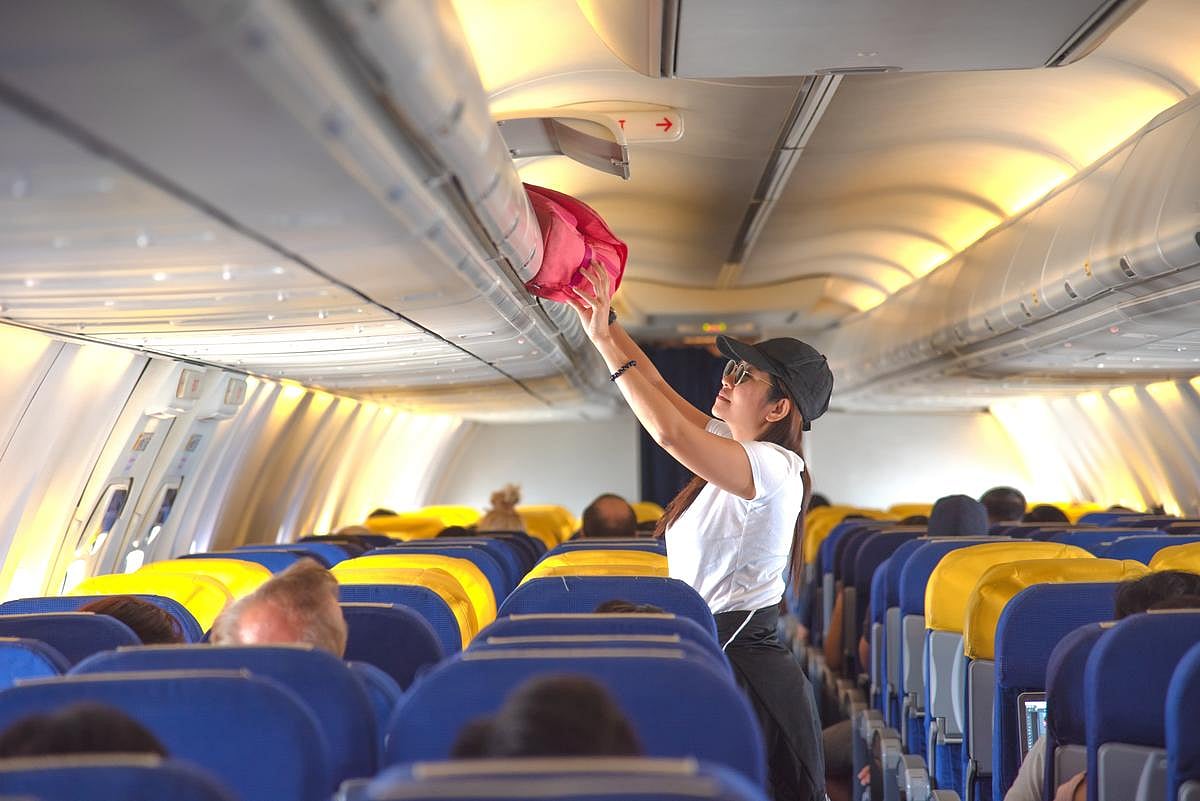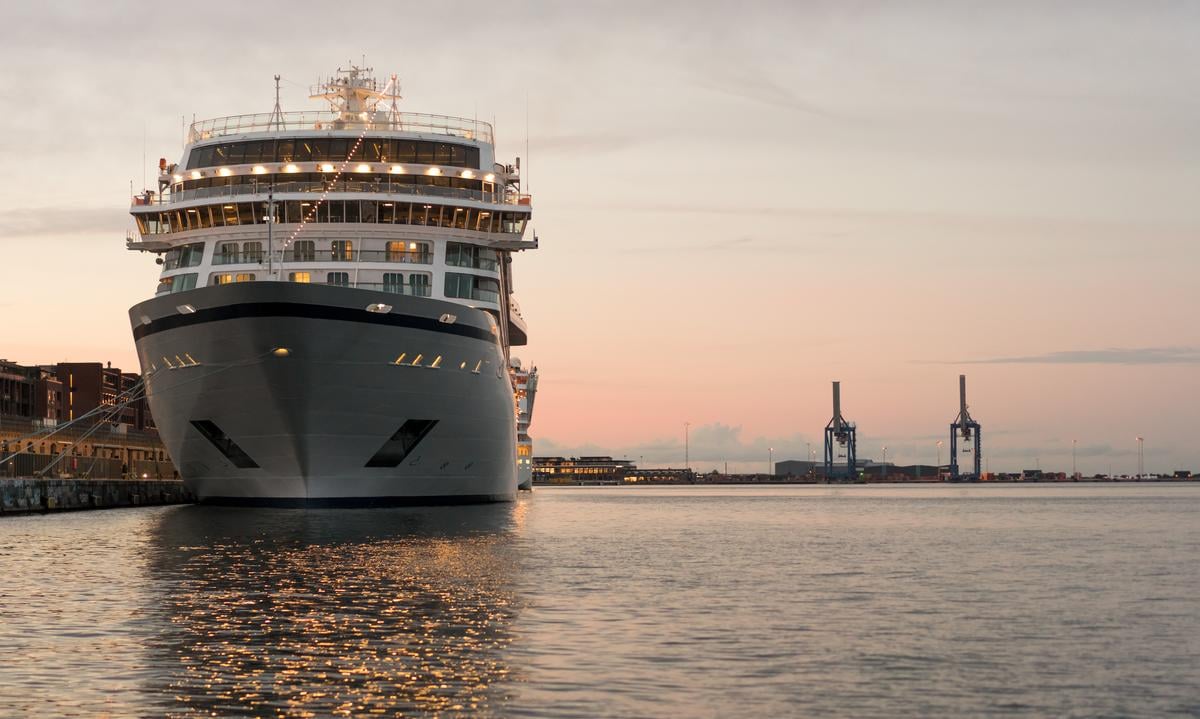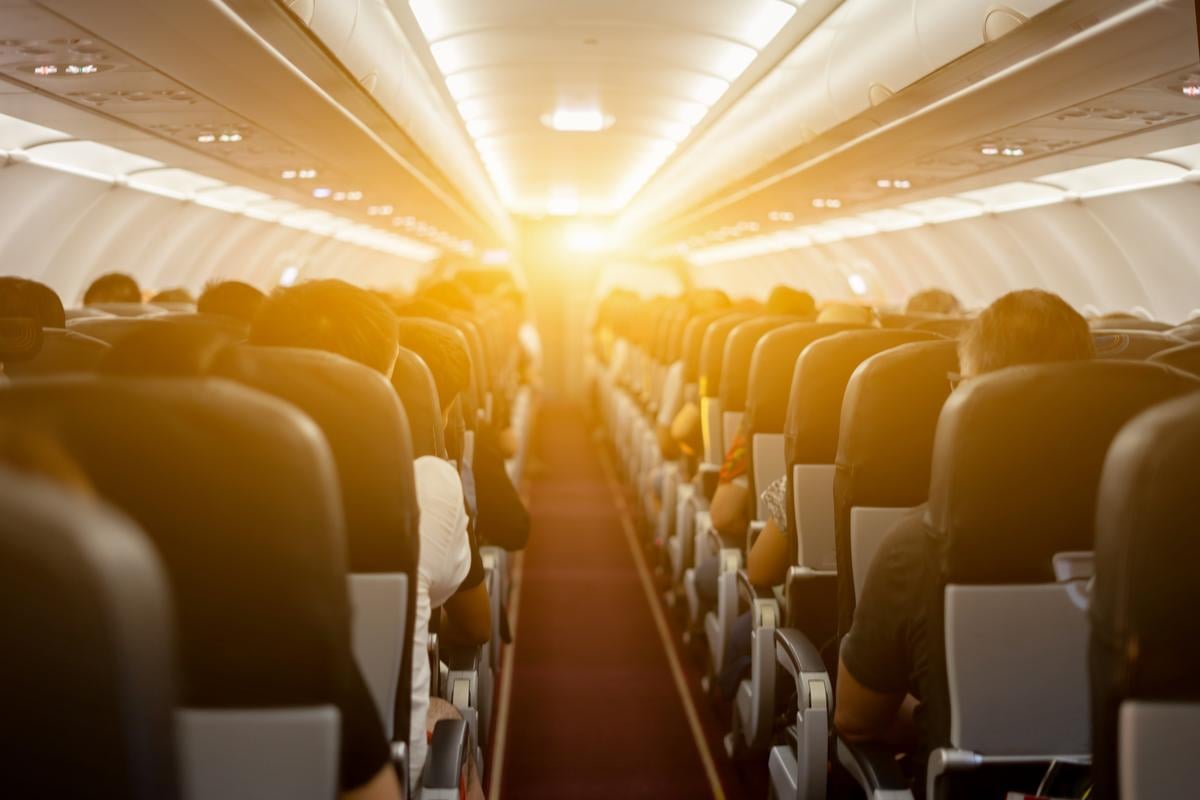
Spring break is a time to relax and enjoy a respite from the daily grind. But whether you’re flying, driving or taking a cruise, it’s essential to take care of your health while traveling. Dr. W. Graham Carlos, a professor of clinical medicine at the Indiana University School of Medicine, offers key advice to help you stay healthy during your trip. “Crowded environments like airports, bus, train stations are great places to pick up viruses like norovirus and flu, so pay attention to good hand hygiene,” he said in a news release. “For those traveling south or to the sun, remember to pack sunscreen and stay hydrated as your skin and body have not acclimated to the warmer temperatures. Finally, use the time together to try to disconnect from media and connect with your family and friends with a specific plan to talk about mental and emotional well-being,” Carlos said. How you travel can make a difference in the precautions you take. “Crowded environments increase the risk of exposure to various infectious diseases that can ruin your trip. Pay attention to hand hygiene in particular. Some people may wish to wear a mask for an extended time on a plane. For those driving to their destination, remember to get plenty of rest before a long trip and stop frequently to recharge,” Carlos added. For both… read on > read on >





































-300x200.jpg)


